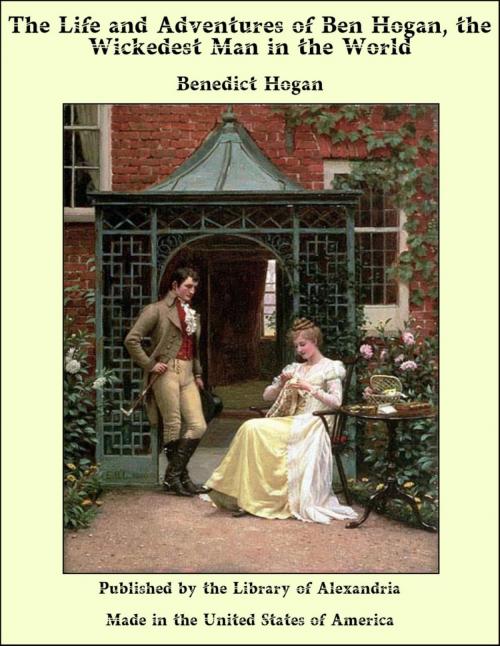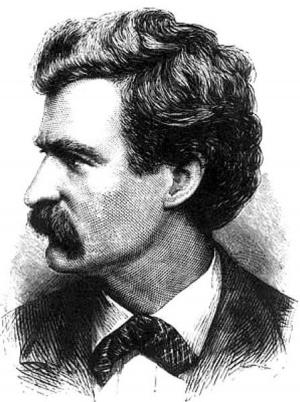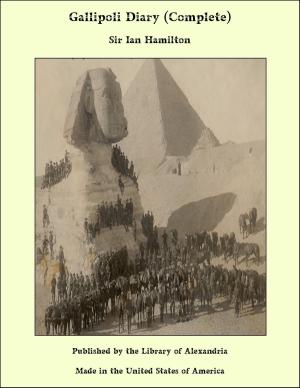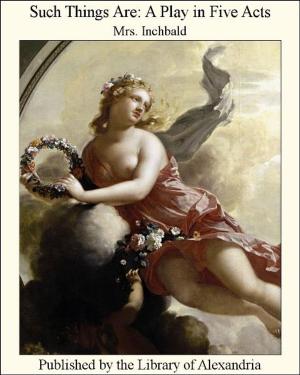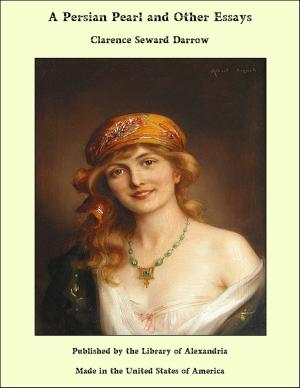The Life and Adventures of Ben Hogan, the Wickedest Man in the World
Nonfiction, Religion & Spirituality, New Age, History, Fiction & Literature| Author: | Benedict Hogan | ISBN: | 9781465597786 |
| Publisher: | Library of Alexandria | Publication: | March 8, 2015 |
| Imprint: | Language: | English |
| Author: | Benedict Hogan |
| ISBN: | 9781465597786 |
| Publisher: | Library of Alexandria |
| Publication: | March 8, 2015 |
| Imprint: | |
| Language: | English |
The life of any man is interesting as it reveals human nature and discloses character. Biography is in itself a combination of all those elements which go to make up literature. It is humor and pathos; it is poetry and prose; it is the sternest tragedy and the broadest farce. Fiction builds its most fantastic structures upon the inventions of the brain. Biography writes in lasting characters upon the granite front of truth. The record which it leaves is more wonderful than any flight of fancy—more startling than any outburst of imagination. If it were possible to read the history of men’s lives written upon their faces, the world would have little need of romances. This shabbily-dressed figure, which to-day you jostle against in the street, might furnish material for a volume of exciting tales. That white-faced woman, who stares with a half-frightened look at the passers-by, could unfold a tale of more terrible interest than ever evolved itself from the brain of the novelist. Around and about us, in all places and at all times, the surging sea of humanity casts up its broken spars and dismantled hulks. Those who sail in calm waters, or walk the beach, may pick up these remnants of wrecks, and find in them clews to voyages full of tragic interest. Since this duty is often neglected by the more prosperous voyagers, and since men’s faces are not books which they who run may read, it falls to the lot of the biographer to show to others the mystery of life. Probably no man’s career, if truthfully told, would be wholly barren of interest. In proportion to the eventfulness of that career it gains in interest. But it is a very serious mistake to assume that a person’s avocation in life determines the rank to which he ought, properly, to be assigned. The art does not make the artist. It happens that there are a good many preachers in this world who can not preach, a good many actors who can not act, a good many writers who can not write. It happens, too, that there are a good many people who can not do anything—whose excuse for existing remains forever a conundrum. The written lives of such harmless ciphers would be of interest only in so far as they might show the uselessness of the subjects. But a study of any character which is strongly marked ought to prove both entertaining and instructive.
The life of any man is interesting as it reveals human nature and discloses character. Biography is in itself a combination of all those elements which go to make up literature. It is humor and pathos; it is poetry and prose; it is the sternest tragedy and the broadest farce. Fiction builds its most fantastic structures upon the inventions of the brain. Biography writes in lasting characters upon the granite front of truth. The record which it leaves is more wonderful than any flight of fancy—more startling than any outburst of imagination. If it were possible to read the history of men’s lives written upon their faces, the world would have little need of romances. This shabbily-dressed figure, which to-day you jostle against in the street, might furnish material for a volume of exciting tales. That white-faced woman, who stares with a half-frightened look at the passers-by, could unfold a tale of more terrible interest than ever evolved itself from the brain of the novelist. Around and about us, in all places and at all times, the surging sea of humanity casts up its broken spars and dismantled hulks. Those who sail in calm waters, or walk the beach, may pick up these remnants of wrecks, and find in them clews to voyages full of tragic interest. Since this duty is often neglected by the more prosperous voyagers, and since men’s faces are not books which they who run may read, it falls to the lot of the biographer to show to others the mystery of life. Probably no man’s career, if truthfully told, would be wholly barren of interest. In proportion to the eventfulness of that career it gains in interest. But it is a very serious mistake to assume that a person’s avocation in life determines the rank to which he ought, properly, to be assigned. The art does not make the artist. It happens that there are a good many preachers in this world who can not preach, a good many actors who can not act, a good many writers who can not write. It happens, too, that there are a good many people who can not do anything—whose excuse for existing remains forever a conundrum. The written lives of such harmless ciphers would be of interest only in so far as they might show the uselessness of the subjects. But a study of any character which is strongly marked ought to prove both entertaining and instructive.
